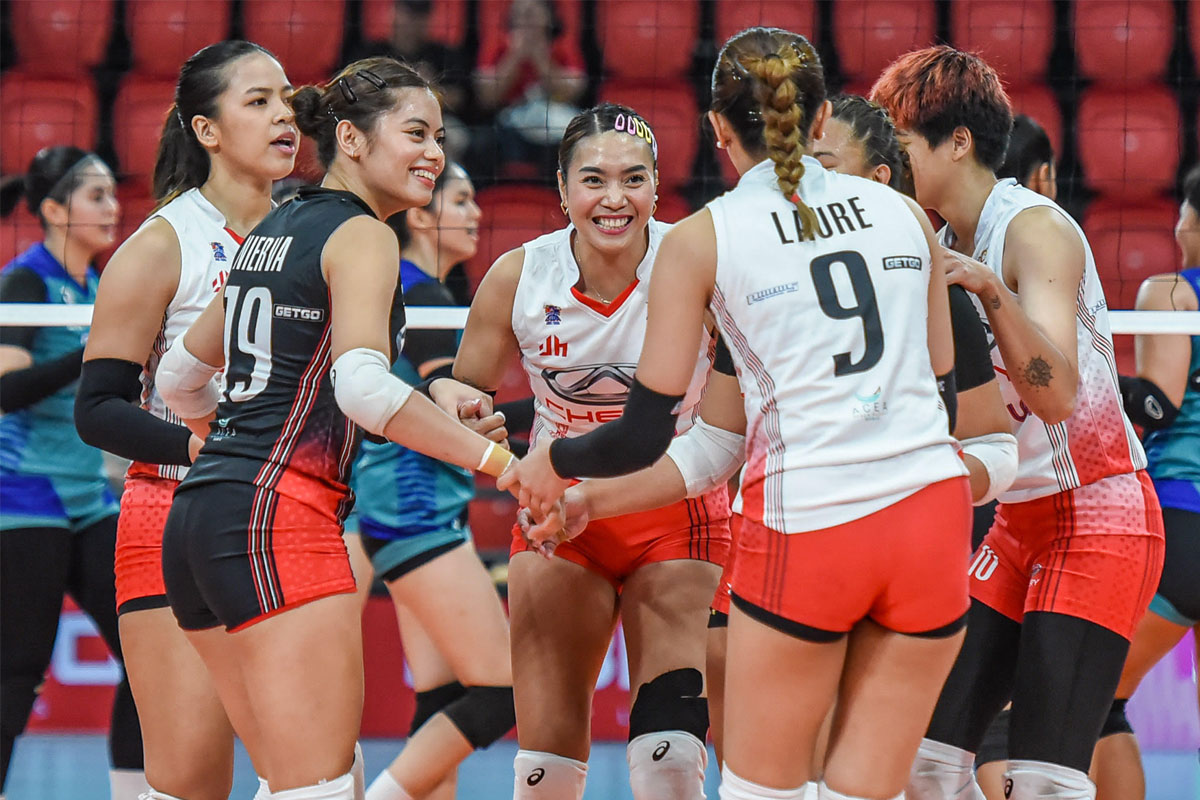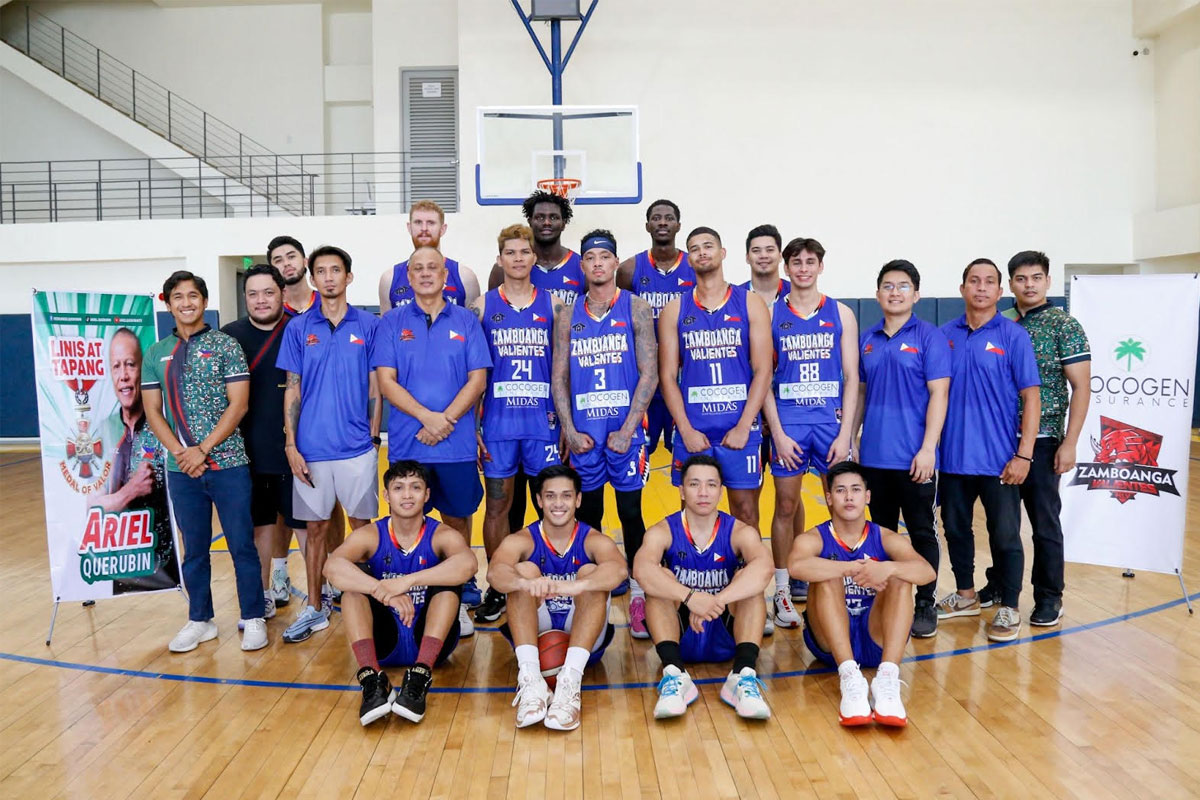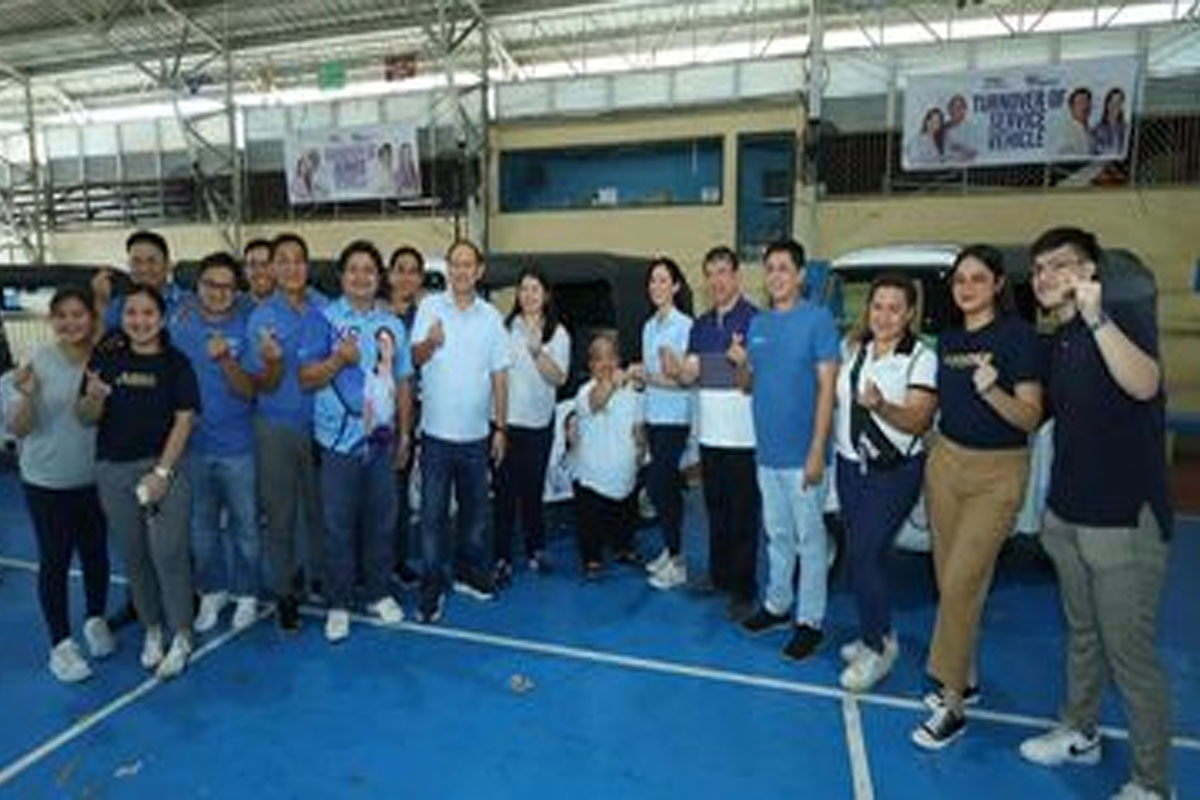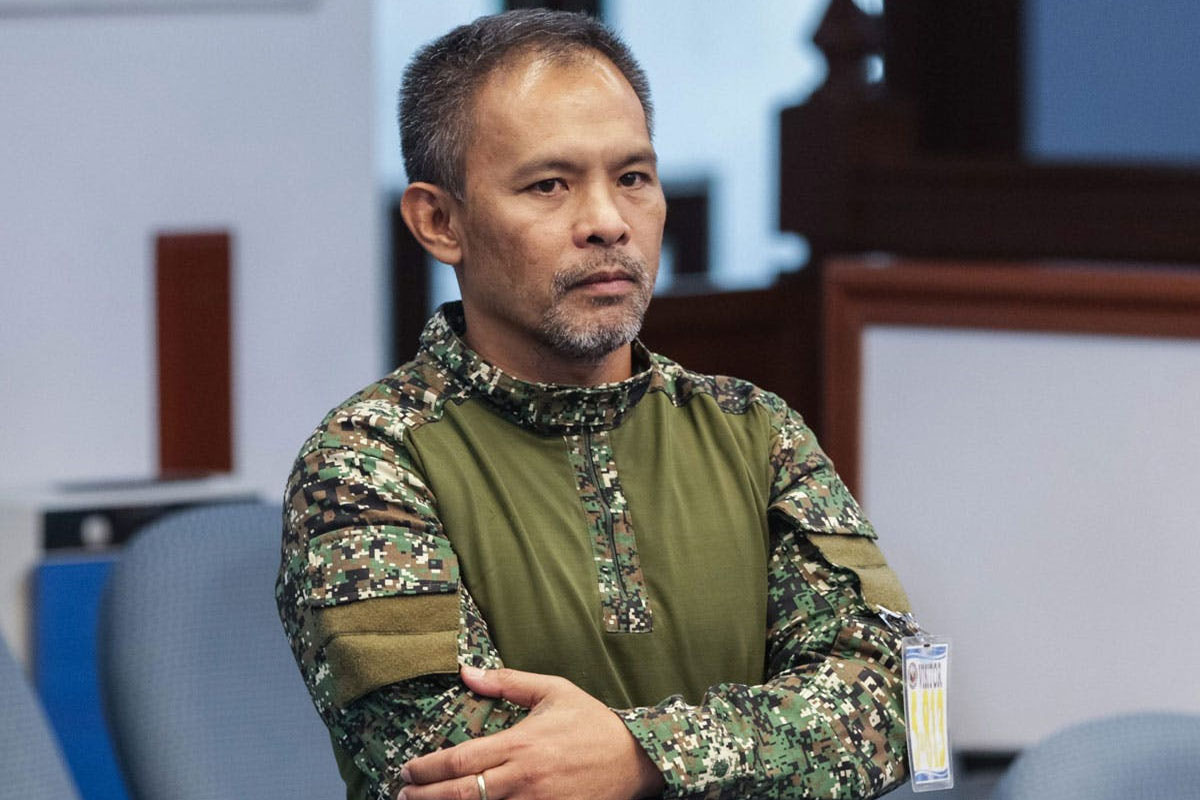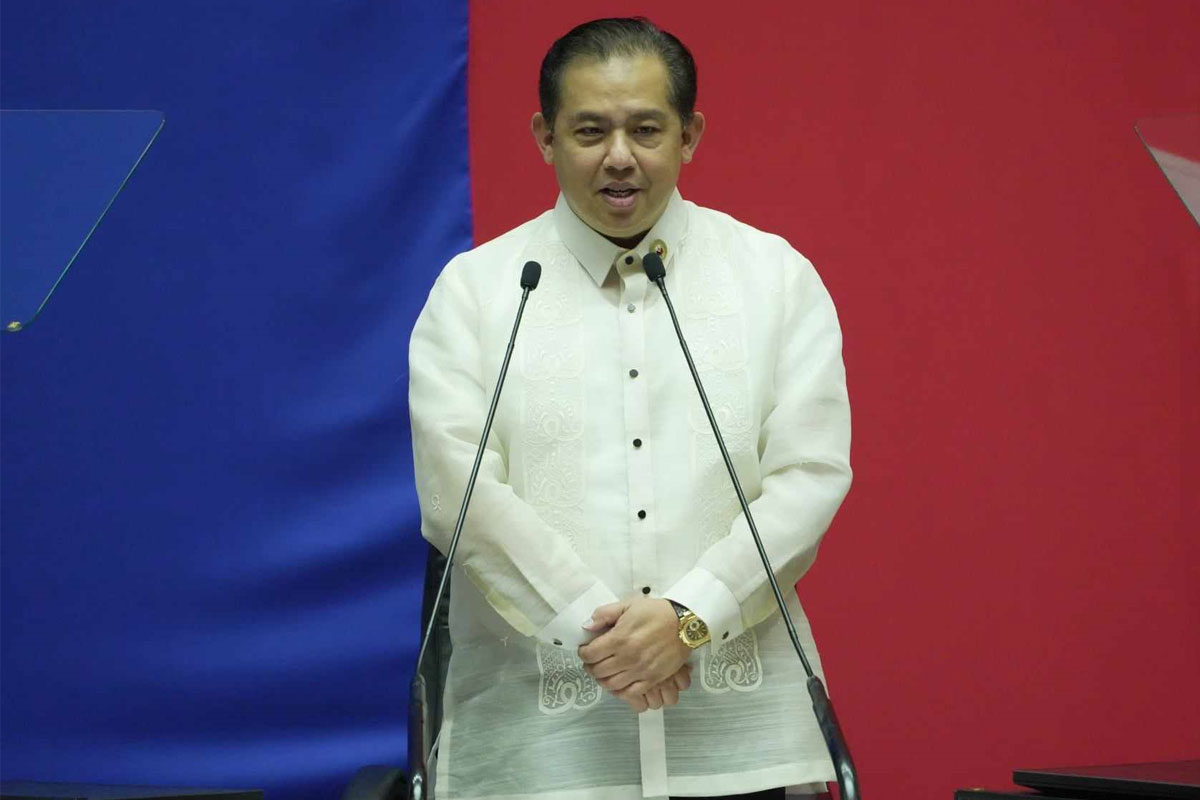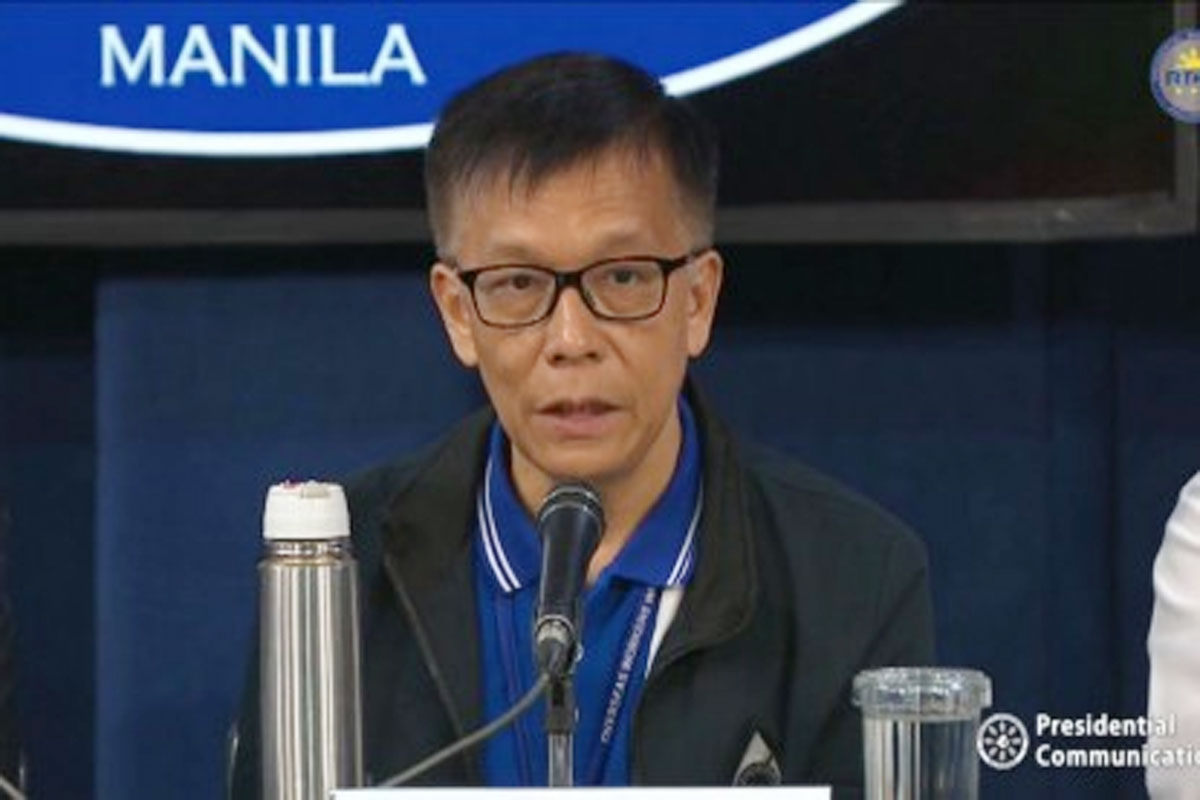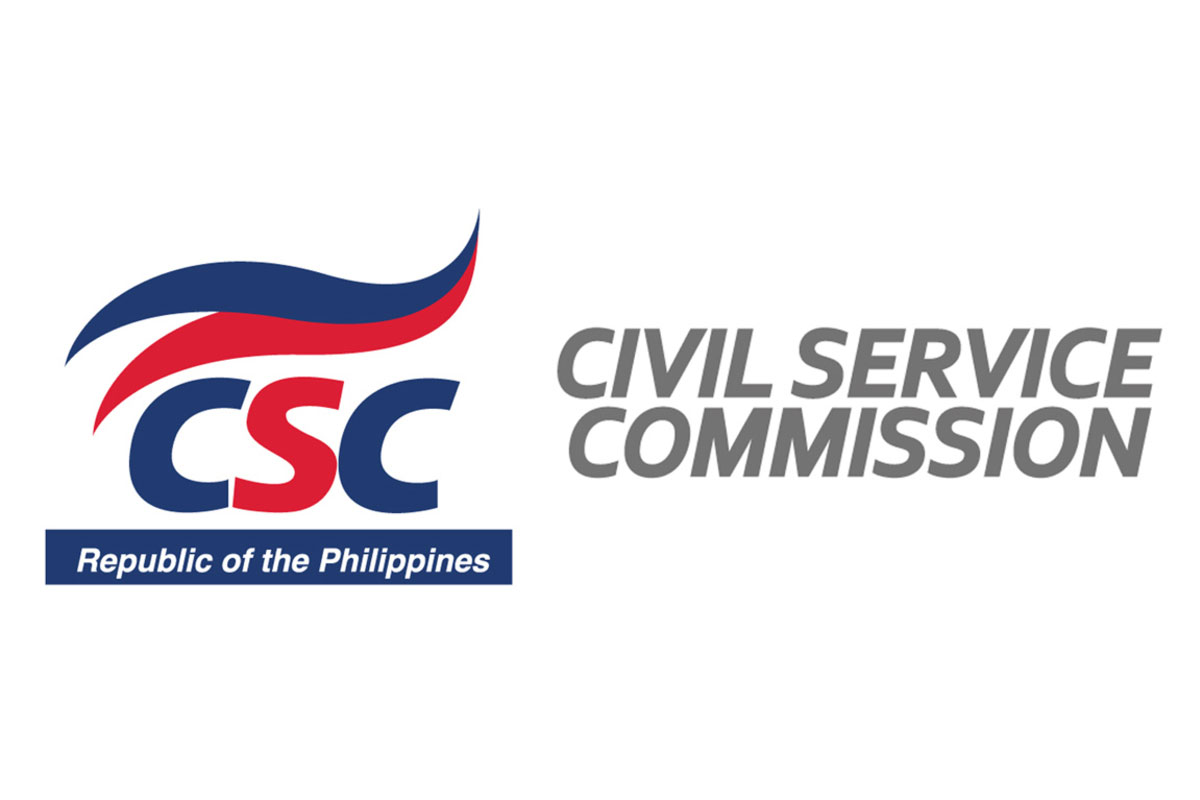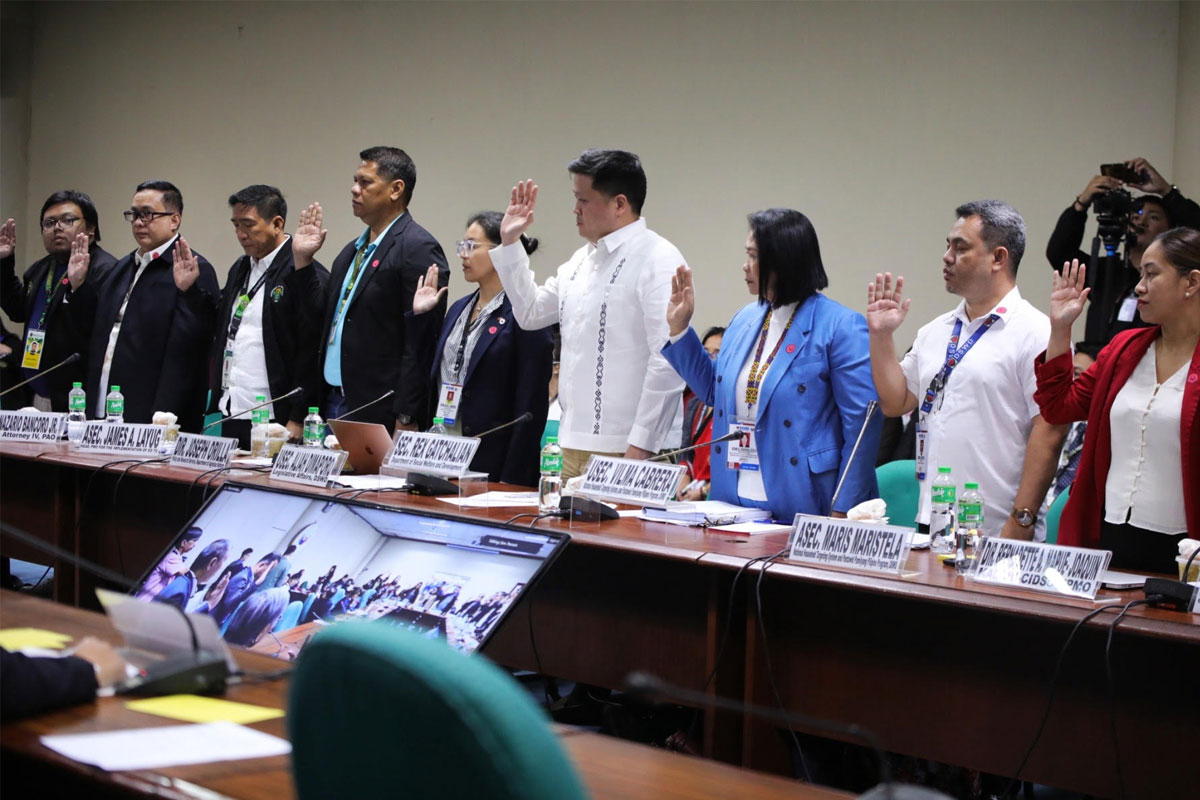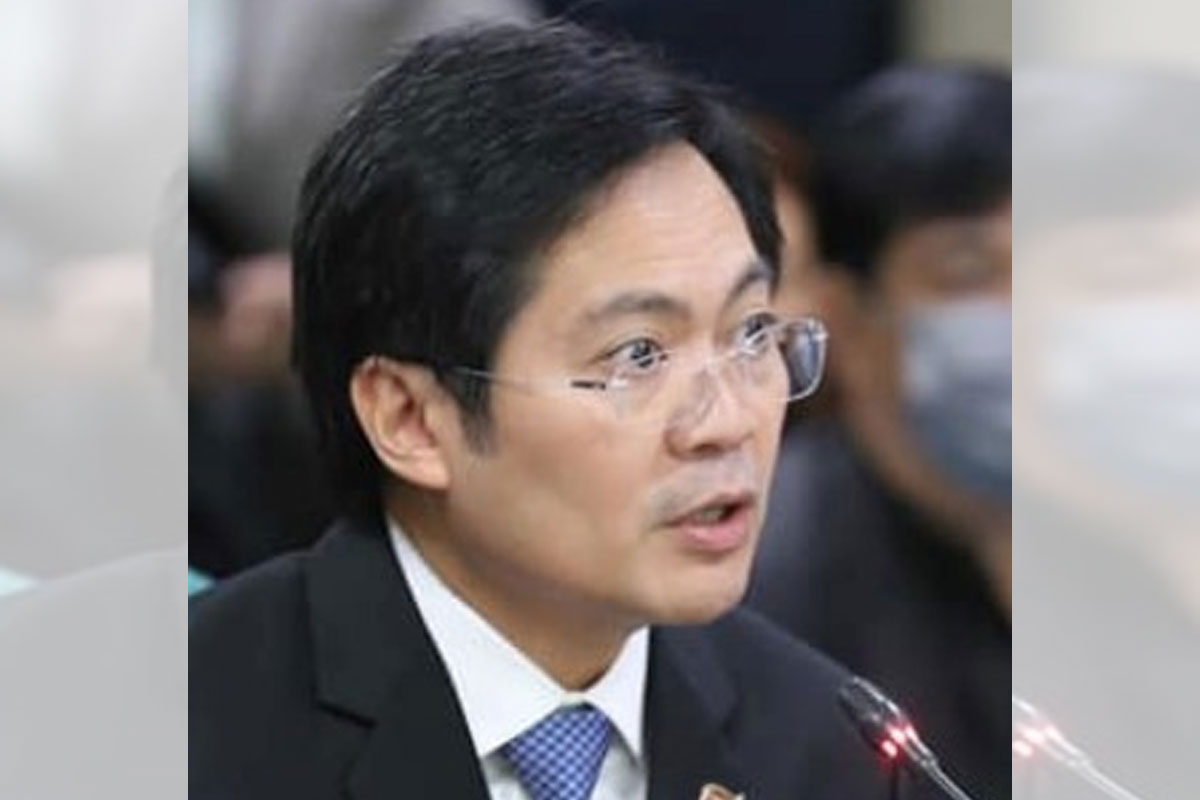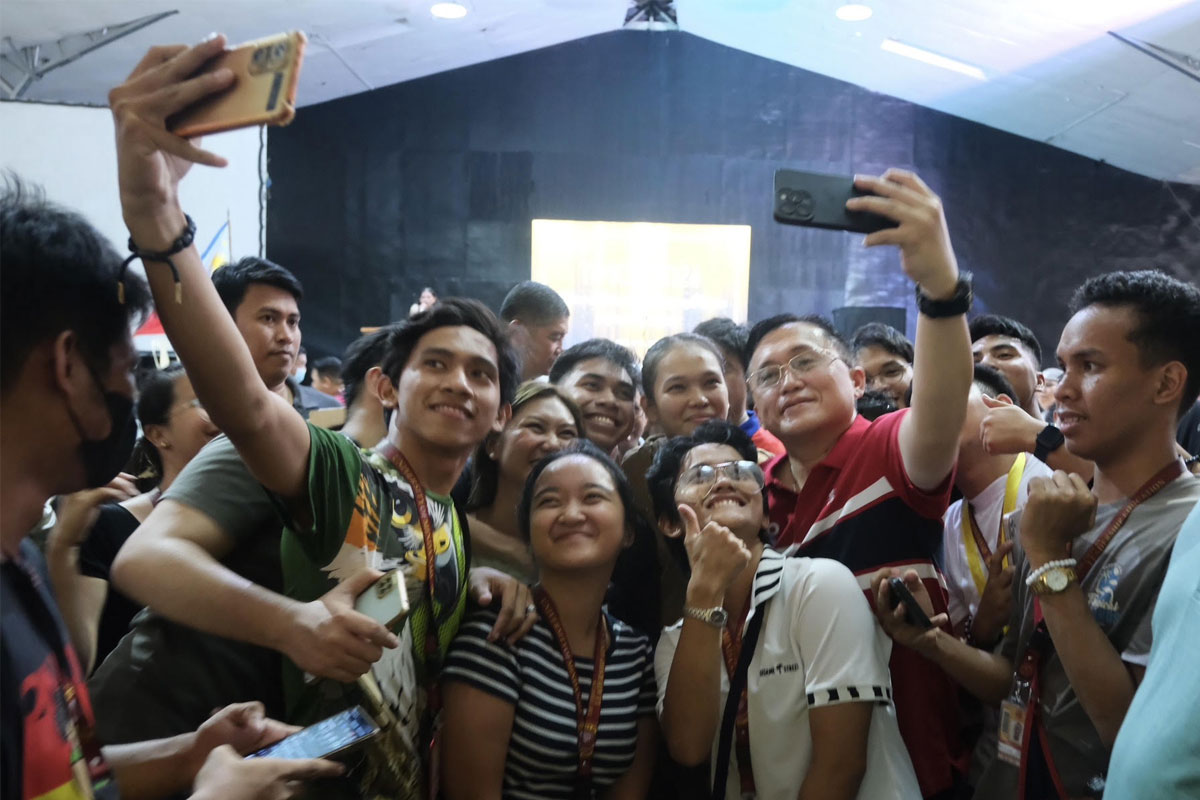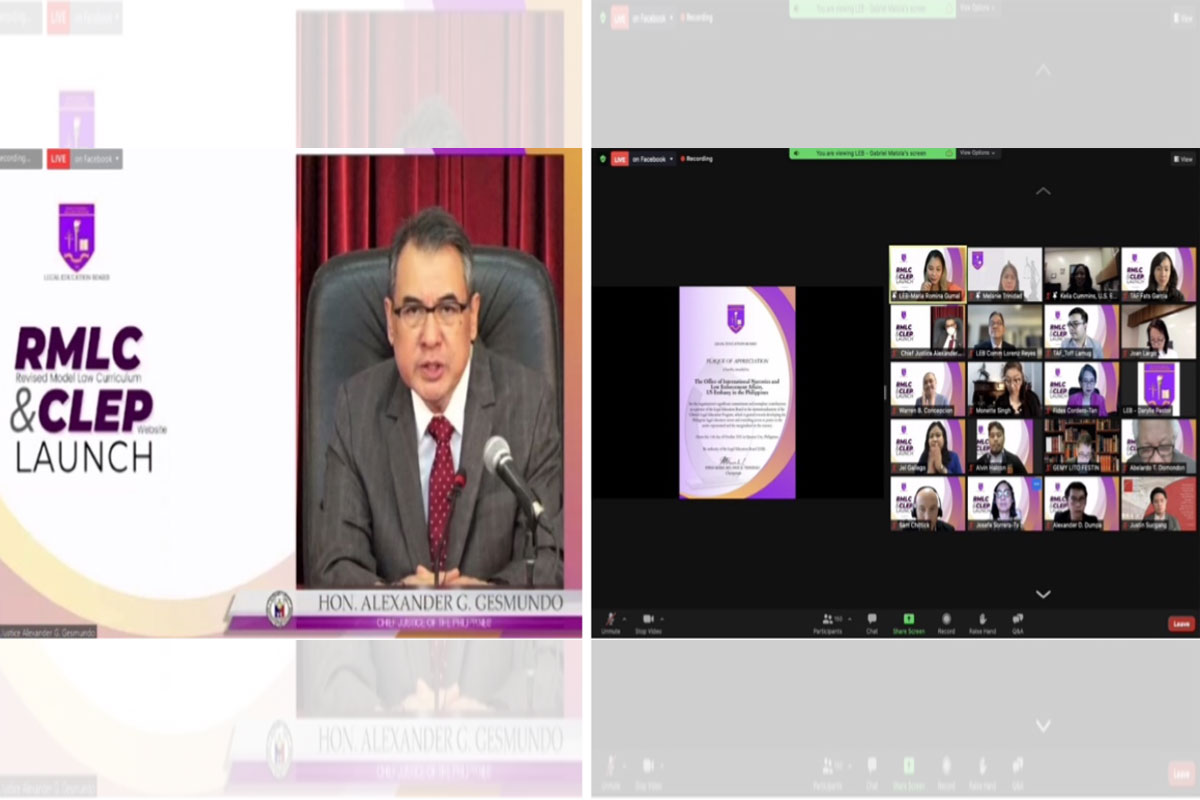 Photos show (L) Supreme Court Chief Justice Alexander Gesmundo delivering keynote remarks and (R) the Legal Education Board presenting a plaque of appreciation to the U.S. Embassy for its commitment to the development of legal education sector.
Photos show (L) Supreme Court Chief Justice Alexander Gesmundo delivering keynote remarks and (R) the Legal Education Board presenting a plaque of appreciation to the U.S. Embassy for its commitment to the development of legal education sector.
U.S. supports advances in PH legal education with P126M program
ON October 14, the U.S. Embassy in the Philippines’ Office of International Narcotics and Law Enforcement Affairs (INL), in partnership with the Philippine Legal Education Board and the Asia Foundation, announced the release of a Revised Model Curriculum for law schools and launched a new Clinical Legal Education website.
The Revised Model Curriculum adds a Clinical Legal Education Program (CLEP) component to the basic law curriculum for all law schools nationwide. The two-unit course introduces students to practical skills and allows for limited practice under the Rules of the Court (Student Practice Rule). This training can include drafting and submission of pleadings and documents to the courts, mediation and other methods of alternative dispute resolution, legal counseling, court appearances, apprenticeships, externships, and internship programs.
The Clinical Education website, launched virtually today, is a portal for all information and resource materials on the CLEP and the Student Practice Rule. The website provides users access to courses from the CLEP training programs, background information, news, announcements, and feature stories from various stakeholders.
Legal Education Board Chairperson Anna Marie Melanie Trinidad extended appreciation for the assistance received, noting that “as legal educators…they owe it to students to develop a program that is in line with the times.” She also emphasized the societal benefits this program would provide by increasing access to justice, ensuring “those who have less in life have more in law.”
Philippine Supreme Court Chief Justice Alexander Gesmundo, who served as keynote speaker during the launch, said this program is a much-needed change, as “the role of law school is not only to graduate students or pass the bar,” but also to ensure students have the necessary skills to serve to their communities.
INL Director Kelia Cummins, meanwhile, highlighted the program’s significance stating, “With the incorporation of the Clinical Legal Education Program course into law curricula, students can now benefit from hands—on experience and expand their professional networks—all while providing critical legal services to real clients.”
This assistance is part of INL’s broader criminal justice sector project entitled, “Strengthening Rule of Law through Legal Aid Clinics in the Philippines,” and supported by implementing partner The Asia Foundation. It is a five-year, P126-million project designed to enhance criminal defense efforts and access to justice in country.


